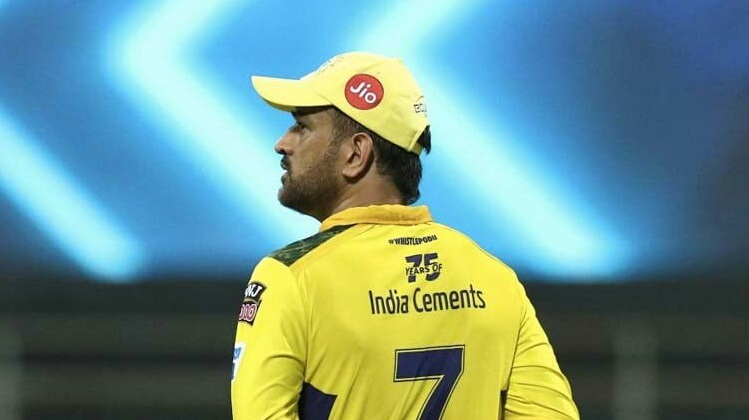Let’s travel back to 2011, a persona-defining year for Indian cricket and its fans. MS Dhoni was the captain of the Indian cricket team, across all three formats. India had remained No.1 in Test rankings for more than a year and had just won the 50 over cricket world cup on their home soil. Dhoni received all the plaudits for his unforgettable 91 in the final.
Two months later, after a long 10-team IPL tournament, Chennai Super Kings retained the trophy. Nothing could go wrong for Dhoni at that time. All hail the king, with the Midas touch! In a cricket frenzy country who were used to ‘classic’ players, there was still a lot of pragmatism in accepting Dhoni. Many of the pundits did not even see him as a Test player, yet there he was, being the captain of the world’s best Test team.
A few months later, India toured England. It was hyped as the battle of equals. India lost the first test by 196 runs at Lords, lost Zaheer Khan, the leader of the bowling unit to an injury. Then India lost the second test, Sehwag was out injured and Laxman was coming to the end of his glorious career.
The master blaster Tendulkar was not in his prime. Gambhir quit the series because of concussions.
After that humiliating defeat, England became number one in Tests. Dhoni’s world champions did not even offer a fight. The Indian team that Dhoni was humbled, humiliated, and torn apart!
Critics of Dhoni had never had it so good. What was even the point of playing the 4th Test, they asked.
The press conference after that defeat was Dhoni through and through. Here was the man who was famously known for giving away the trophy to the team after victory, the man who just walks away from all post-match celebrations, and the man who hides behind his teammates in team photos. He walked into the room, as calm as he ever was, and proclaimed: “I am responsible. I am the captain of the team.”
“We were all looking doomed in that dressing room. But there was no sign of dejection on Dhoni’s face. I asked him whether he was not upset, to which he replied If I [Dhoni] look dejected, who do they look up to,” VVS Laxman told the media following the defeats.
That was quintessential Dhoni. The one who always did what he had to do. Above self-interest, above what his emotions made him feel, above the achievements and failures of the past or the pressures of the future, someone who had only one question in his mind: What should I do now?
In a meeting with India’s most prominent CEOs who were interested in learning management lessons from MS, he had disclosed his principle of action. “I keep it very simple. If it is controllable, you can take care of it. If it is not, why bother about it?”
In a meeting with India’s most prominent CEOs who were interested in learning management lessons from MS, he had disclosed his principle of action. “I keep it very simple. If it is controllable, you can take care of it. If it is not, why bother about it?”
For the rest of us, everything simple is not easy. We all have the component of being worried about things that we have zero control over. Most of us are driven by the fear of failure. That’s where Dhoni stands apart. The one who completely accepts the law of nature and his own limitations, and demands nothing more. Nothing less. Someone who kept on doing what he could do and never had the tiniest complaint about what fate bestowed upon him, no concerns about what happened. No concerns about what might happen.
As Gaurav Kapoor of Cricbuzz said in the post-match analysis of yesterday’s match, “When all of the others are so tensed about what might happen in the last over, it is like he [Dhoni] doesn’t care about it at all.”
India used to be a country where a game became a religion with its emotional highs and lows, where a cricketer was worshipped as a God, where million hearts were broken by watching middle-order collapses, where people used to switch off after Tendulkar’s wicket. Perhaps the greatest legacy that would be left behind by MS Dhoni would be the belief.
It eventually became a country that changed from praying for Tendulkar to believing in Dhoni. All of the hearts that would seemingly sink were held afloat by his iron fists. By the time he leaves, it would be a country that would never give a damn about a top-order collapse or the amount of runs to be chased down or the required rate. Because somewhere deep down he has left us with this undeniable feeling.
How much ever impossible the situation seems to be, Dhoni is still there…











